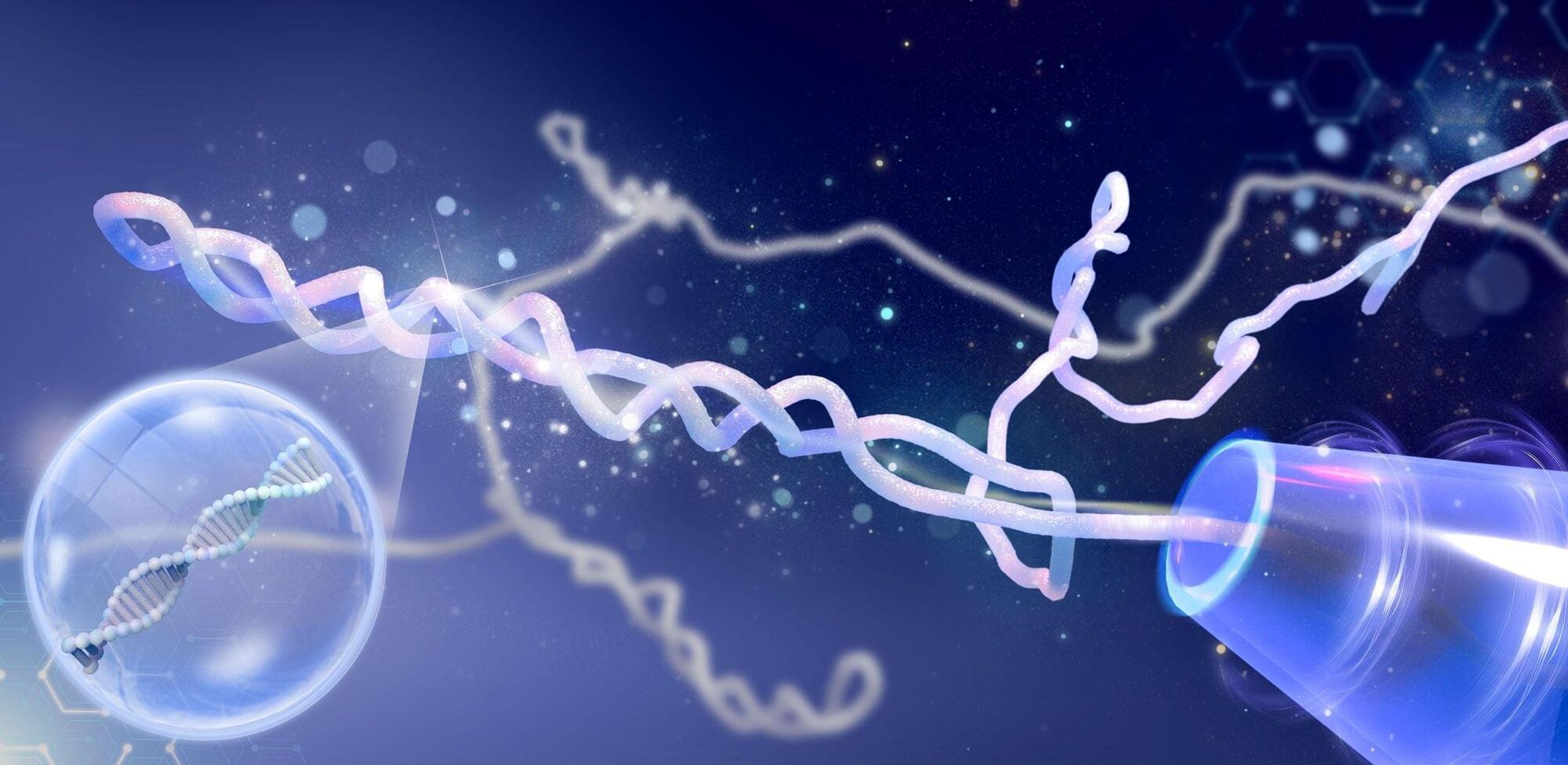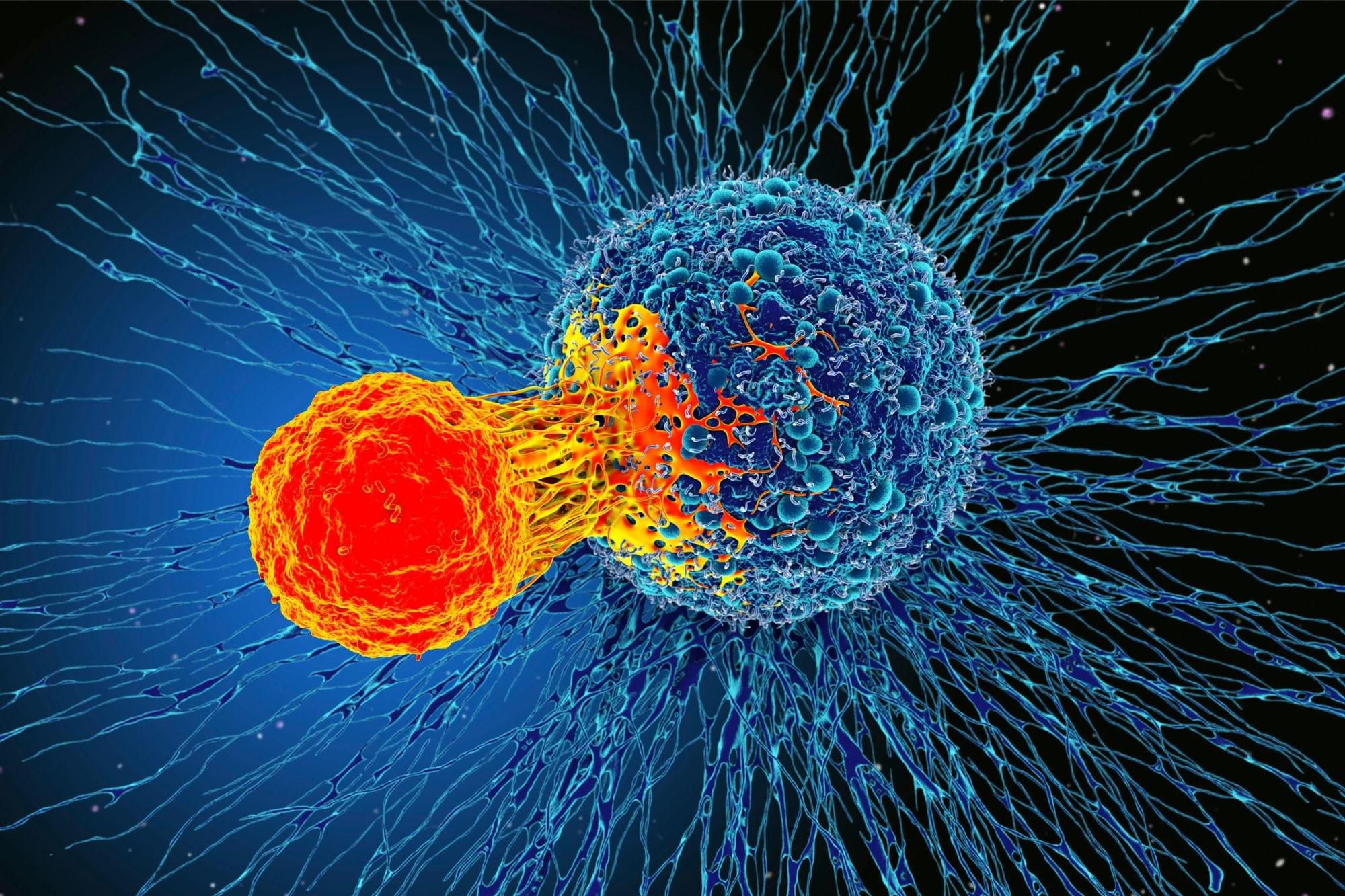What scientists long believed were knots in DNA may actually be persistent twists formed during nanopore analysis, revealing an overlooked mechanism with major implications.





A new cybercrime tool called ErrTraffic allows threat actors to automate ClickFix attacks by generating ‘fake glitches’ on compromised websites to lure users into downloading payloads or following malicious instructions.
The platform promises conversion rates as high as 60% and can determine the target system to deliver compatible payloads.
ClickFix is a social engineering technique where targets are tricked into executing dangerous commands on their systems under believable pretenses, such as fixing technical problems or validating their identity.

A newly discovered campaign, which researchers call Zoom Stealer, is affecting 2.2 million Chrome, Firefox, and Microsoft Edge users through 18 extensions that collect online meeting-related data like URLs, IDs, topics, descriptions, and embedded passwords.
Zoom Stealer is one of three browser extension campaigns that reached more than 7.8 million users over seven years and are attributed to a single threat actor tracked as DarkSpectre.
Based on the used infrastructure, DarkSpectre is believed to be the same China-linked threat actor behind the previously documented GhostPoster, which targeted Firefox users, and ShadyPanda, which delivered spyware payloads to Chrome and Edge users.

Two former employees of cybersecurity incident response companies Sygnia and DigitalMint have pleaded guilty to targeting U.S. companies in BlackCat (ALPHV) ransomware attacks in 2023.
33-year-old Ryan Clifford Goldberg of Watkinsville, Georgia (in federal custody since September 2023), and 28-year-old Kevin Tyler Martin of Roanoke, Texas, who were charged in November, have now pleaded guilty to conspiracy to obstruct commerce by extortion and are set to be sentenced on March 12, 2026, facing up to 20 years in prison each.
Together with a third accomplice, the two BlackCat ransomware affiliates breached the networks of multiple victims across the United States between May 2023 and November 2023, paying a 20% share of ransoms in exchange for access to BlackCat’s ransomware and extortion platform.


Taipei, Dec. 30 (CNA) Taiwan Semiconductor Manufacturing Co. (TSMC), the world’s leading advanced chipmaker, officially began volume production of its 2-nanometer chips in the fourth quarter of 2025, according to a recent update on the company’s website.
The low-key announcement confirms that TSMC met its original roadmap for the next-generation technology. Production is currently centered at Fab 22 in Kaohsiung, utilizing the company’s first-generation nanosheet transistor technology. The new architecture achieves “full-node strides in performance and power consumption,” the website said.
The company described the 2nm process as the most advanced in the semiconductor industry in terms of transistor density and energy efficiency, adding that it is designed to “address the increasing need for energy-efficient computing,” particularly for AI and mobile applications.

Thanks to Einstein’s relativity, time flows differently on Mars than on Earth. NIST scientists have now nailed down the difference, showing that Mars clocks tick slightly faster—and fluctuate over the Martian year. These microsecond shifts could play a big role in future Mars navigation, communications, and even a solar-system-wide internet. It’s a small time gap with big consequences for space exploration.
